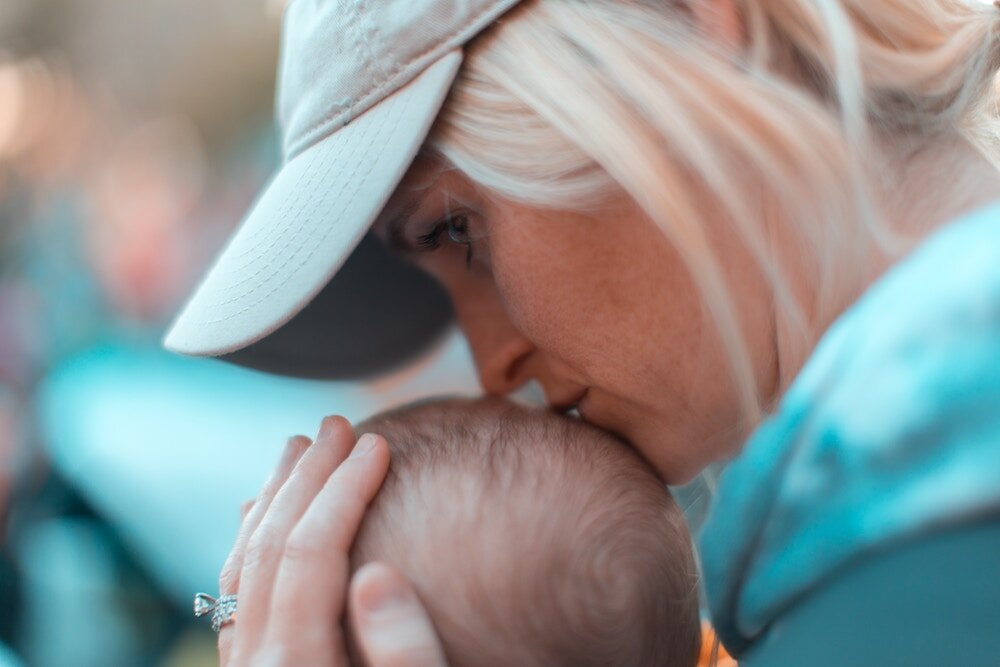5 Surprising Things That Can Happen To Your Body After Birth
Mothers nowadays are swamped with information on what to expect when you’re expecting - and Baby2Body works to cut through that clutter, coaching you on how to live healthier and happier at this time. There's also a huge amount of focus on how to care for your baby once he or she arrives, but we talk less about what happens to your body after birth. Dr. Amy Bibby from Qured healthcare on demand app offers her advice on changes that women aren’t nearly as prepared for. Here’s a head’s up on 5 surprising, but totally normal, things that can happen to your body post-pregnancy.
5 Surprising Ways Your Body Changes After Birth
The hormone cliff
Everyone knows to expect crazy fluctuating hormone levels during pregnancy. But these chemical changes can have just as big of an impact for up to weeks after your baby has been delivered. This is due to a massive drop in Estrogen and Progesterone levels after birth. This can cause consistent mood swings and classic cases of ‘I don’t even know why I’m crying’ moments. For many women, this is only a short-term effect and your moods should balance out once your hormone levels return to their normal monthly cycles.
Spontaneous lactation
Spontaneous milk secretion can often leave mothers feeling embarrassed and helpless. But this bodily response goes beyond your willful control. Certain stimuli automatically trigger your senses and mammary glands. So, seeing your child for the first time or hearing their cry has an instant effect on that particular region of the brain responsible for caring for your offspring. The Anterior Pituitary is stimulated to produce increasing levels of prolactin, which causes milk secretion. Simultaneously, the Posterior Pituitary is stimulated, which leads to muscle contraction in the breast. In some cases, you may experience minor leakage months after finishing breastfeeding. We definitely recommend breast pads to get you through these days.
False kicks
It's common to experience a kicking sensation despite having delivered your baby even months before. Sensations like this are described as phantom baby kicks. These small sources of pressure can feel just like it did when you were 6 months down the line. This can be an ominous thought to postpartum mothers but in reality, it's a very common symptom. These twitches are thought to be minor uteral contractions that in some cases can be felt nearly 9 years after the birth of your child!
Postpartum sweating
The astounding amounts of maternal sweat produced in the weeks after pregnancy is certainly a side effect that isn’t commonly spoken about. The extensive drop in your Estrogen levels can mess with your body’s temperature regulation, and of course, sweating is a common reaction to help your body naturally cool down. Shivering also tends to accompany sweating, which can be particularly during sleep — yes, the dreaded night sweats. It helps to place a bath towel on top of your sheets, particularly the first few nights after birth, so you're not having to change your bedding every night - because you just don't have time for that.
Stress incontinence
Loss of bladder control can be a sensitive and extremely frustrating topic. Many women find that they experience short spells of involuntary urination for years after pregnancy - often triggered by things like sneezing, coughing, or even laughing. The position of baby during pregnancy placed a huge amount of pressure on your pelvic floor muscles which help to support the bladder and its normal functioning. As the baby grew, these muscles stretched and may have become weakened. This can impair the ability of the sphincter, an important muscle that prevents urination, to keep everything 'in' until you're ready to go to the loo. Unfortunately, this is something that you may experience indefinitely, especially after multiple pregnancies, but those pelvic floor exercises can help!

